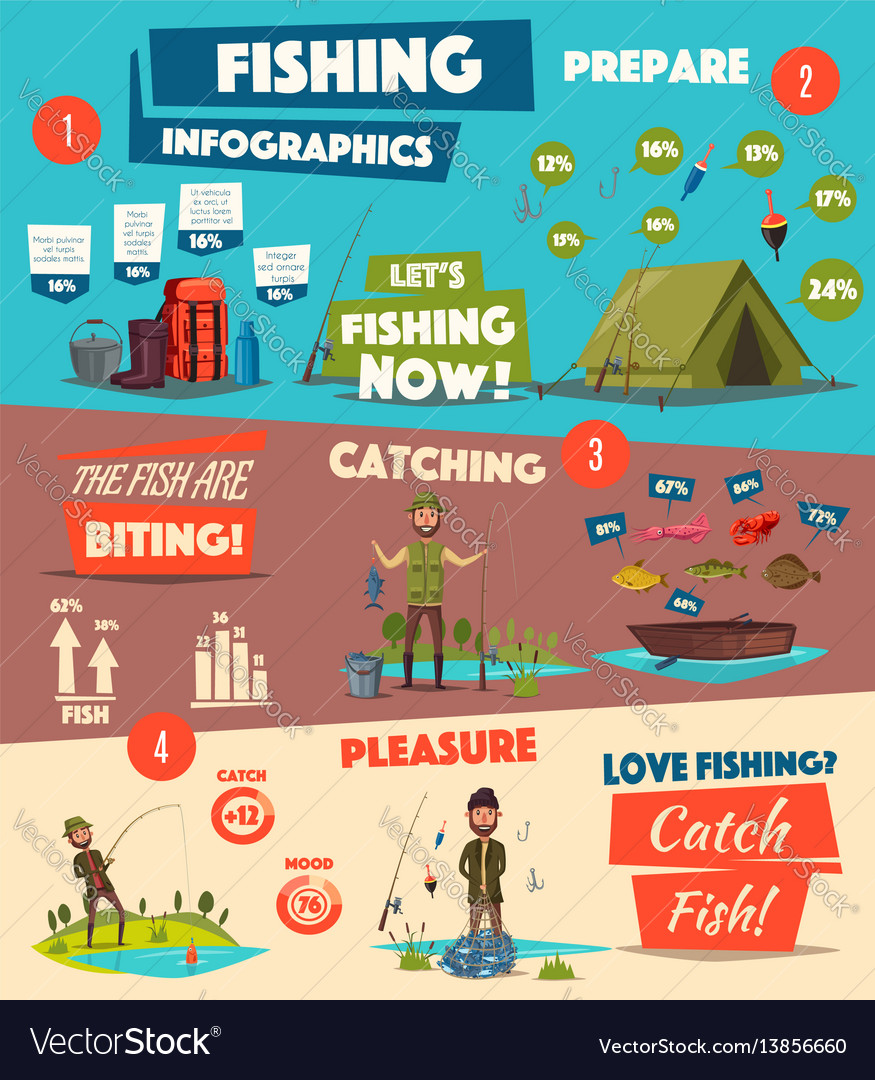Selecting the right frame material is vital for occasion outdoors tents. Whether it's covered steel for budget plan tents or plated aluminum for heavy-duty applications, there are several factors to consider to keep in mind.
Steel structures are common in lower-priced pop-up outdoors tents yet are prone to deterioration despite having finishes and need routine maintenance. Aluminum is lightweight, naturally stands up to corrosion, and holds up well in humid or seaside atmospheres.
Steel
When it concerns guaranteeing the resilience of personalized outdoors tents, the product used in their structures plays a vital function. Steel and aluminum alloys both supply costs sturdiness, but each offers one-of-a-kind advantages that make it suitable for various kinds of environments. Steel is ideal for sturdy conditions, while aluminum master standing up to rust and minimizing upkeep costs.
When event hosts choose the best camping tent for their demands, they need to consider variables like expected climate condition. For instance, frame outdoors tents typically perform much better in windy or rainy conditions than pole outdoors tents due to the fact that they do not rely upon a central post to sustain the structure. However, the links in between structure pieces can compromise in high anxiety situations. Recognizing these weak points and carrying out regular inspections can help stay clear of possible damage.
Steel frameworks are tough to reduce, weld or shape, which can need customized tools and boost labor costs. In addition, they tend to rust or rust conveniently and may require added security or coatings. In addition, steel is extremely hefty and can trigger concerns when transporting a canopy. It's additionally difficult to keep for extended periods of time because it uses up extra space than light weight aluminum structures.
Aluminum
Aluminum is a prominent structure material for canopy camping tents due to the fact that it's light-weight, rust-resistant, and easy to carry and establish. It additionally provides a much more secure shelter throughout gusty conditions than steel frameworks. Light weight aluminum is much less prone to tearing and any type of damages can be conveniently fixed, prolonging the life of the tent. It likewise takes a breath to lower condensation and offers premium acoustic insulation to dampen outside noise.
The toughness of light weight aluminum frame tents is even more improved by the all-natural oxidation properties of the metal. It produces a small oxide layer that secures the surface area from rust and spots. Because of this, the durability of a light weight aluminum turn up outdoor tents can be boosted also better when the structure is plated.
Plated aluminum is stronger than steel and can endure high wind speeds. Additionally, the finishing resists corrosion and stains, extending the lifespan of the tent. Moreover, anodized aluminum is recyclable and lasting, making it excellent for businesses seeking LEED certification. The combination of these properties makes aluminum an extra cost-efficient alternative than steel for large, sturdy camping tents, such as those made use of to fit commercial devices and storehouse stock. Steel, on the other hand, is much more costly because it calls for pricey alloys such as nitrogen, molybdenum, and chromium to improve stamina.
Iron
Iron framework tents typically last up to 15 years if the appropriate treatment and maintenance is applied. This includes regularly cleansing textile and checking metal components for rust and wear. By taking these steps, event hosts can make best use of the integrity of their frameworks and ensure their ongoing efficiency in challenging settings.
Steel is an excellent product for building sturdy camping tents, specifically for usage in severe weather conditions. It is a solid, durable, and budget-friendly material that supplies security and resilience for a canvas backpack wide range of applications. Nonetheless, steel is prone to rusting in damp and coastal settings. The enhancement of protective layers and normal upkeep can assist to mitigate this threat, however these efforts boost overall maintenance costs.
On the other hand, aluminum is an extra durable selection for a customized outdoor tents because of its natural oxidation residential properties. When anodized, aluminum comes to be super-strong and approximately three times tougher than basic light weight aluminum alloys. This makes anodized light weight aluminum the second-hardest substance alongside ruby (satellites, airplane, and armed forces vehicles all utilize anodized light weight aluminum). In addition to its toughness, anodized light weight aluminum is additionally much more immune to rust than steel. These aspects make light weight aluminum an exceptional option for turn up cover tents and add to their capacity to carry longer service warranties (5, 7, and even lifetime framework service warranties). Additionally, light weight aluminum is 1/3 the weight of steel permitting a much thinner frame style for even more customization choices and boosted strength.
